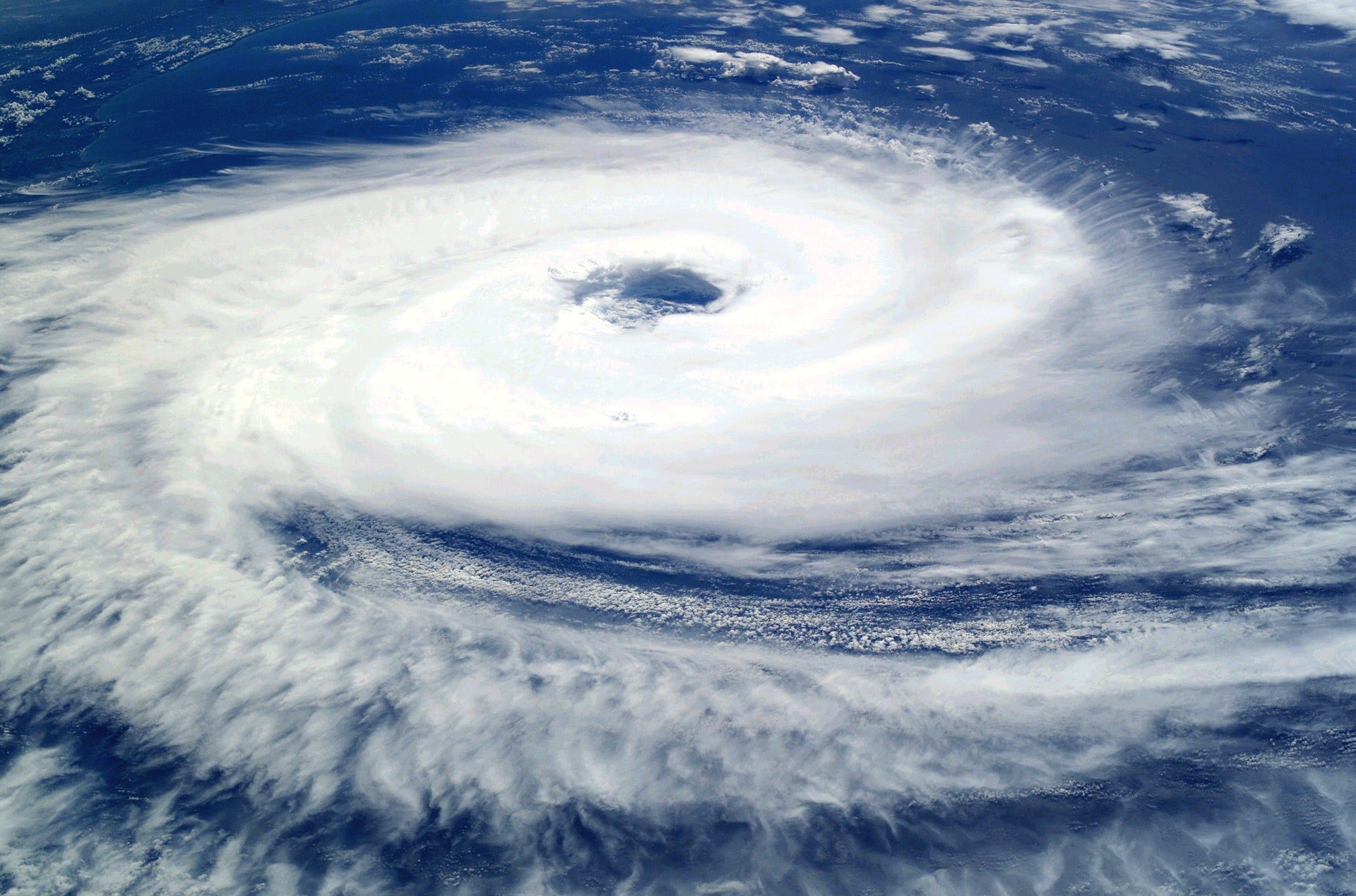
Drinking water after Cyclone Chido in Mayotte: the ORISA® solution
Cyclone Chido, which ravaged Mayotte on 14 December 2024, has had a serious impact on access to drinking water on the island. In response to this humanitarian emergency, FONTO DE VIVO, an expert in water filtration solutions, is mobilising 5,000 ORISA® water purifiers to help manage this humanitarian crisis, in order to prevent the major health risks associated with contaminated water and waterborne diseases. They are being made available to NGOs and public bodies, and can be integrated into their emergency programmes via the emergency airlift set up by the authorities.
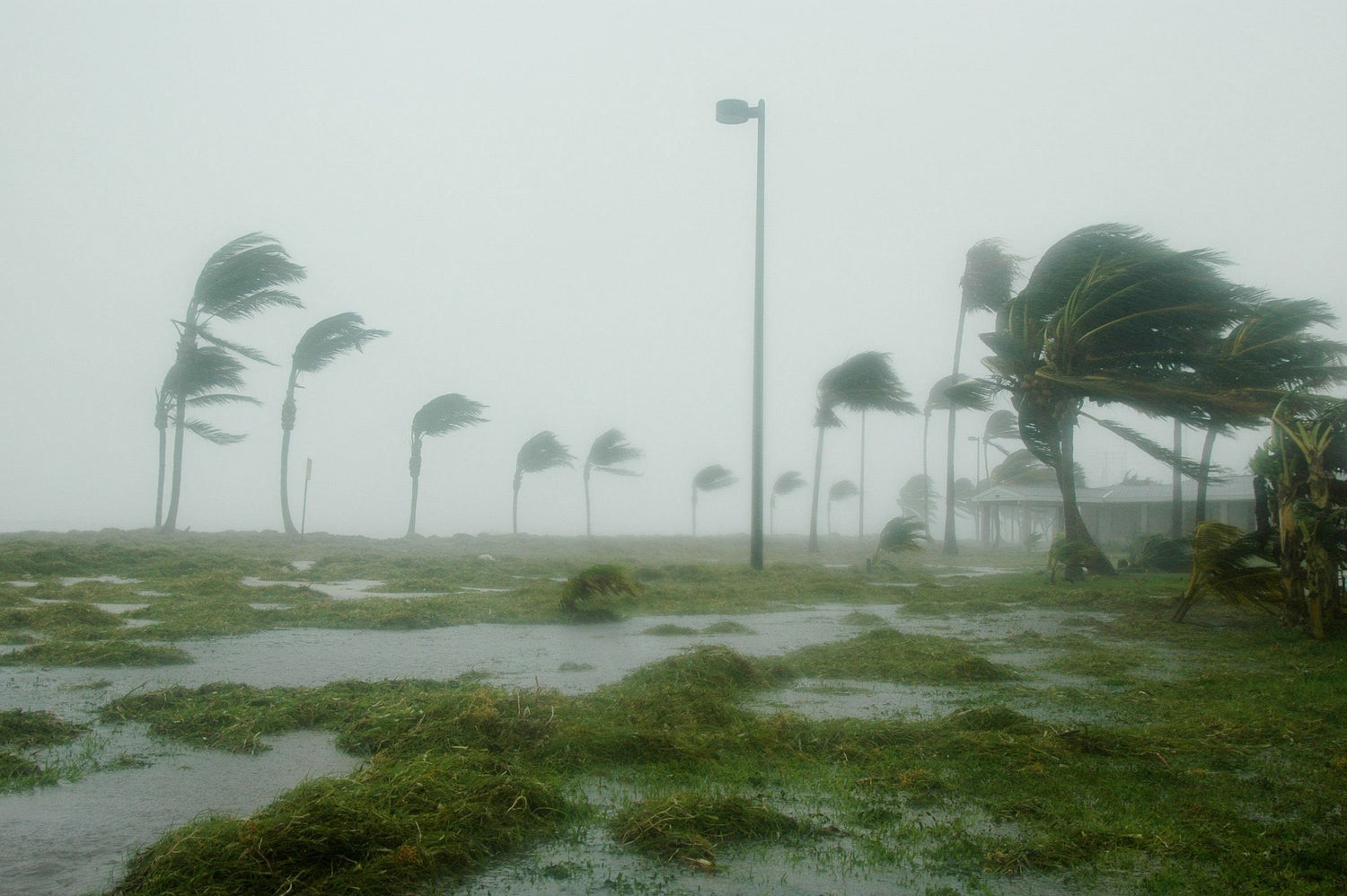
The impact of cyclone Chido on access to drinking water in Mayotte
Mayotte, France's 101ᵉ department, is particularly vulnerable to this type of disaster. With 77% of the population living below the poverty line, 30% without access to running water at home and 6% forced to use surface water. The impact of Cyclone Chido has been dramatic. Stagnant water, damaged supply systems and the use of contaminated water are directly exposing the population to water-borne diseases such as cholera, typhoid and dysentery. These infections spread rapidly in the absence of drinking water.
Increased health risks: contaminated water and management of buried bodies
Following Cyclone Chido, water contamination is a major threat to public health in Mayotte. The floods washed away mud, debris and pathogens, making natural water sources and groundwater unfit for human consumption, not to mention the problem of how to deal with bodies buried in the emergency because of a lack of suitable infrastructure. Their decomposition can infiltrate the soil and contaminate groundwater with bacteria and pathogens, increasing the risk of the spread of water-borne diseases such as cholera, typhoid and dysentery. In this context, immediate access to treated drinking water is essential to prevent epidemics and protect the population from long-term health consequences.
Mayotte's pre-existing water stress situation
Even before cyclone Chido, Mayotte was facing a structural crisis in access to drinking water. The department suffers from an old, dilapidated and saturated water network, incapable of meeting the needs of a rapidly growing population. As a result, 30% of the population has no access to running water at home, and water cuts are frequent, forcing many Mahorais to store water when it is available. The situation is exacerbated by recurring periods of drought, leading to water restrictions in several communes, sometimes for several days at a time. Faced with this chronic shortage, 6% of the population has no choice but to turn to surface water, such as rivers or natural reservoirs, which are often contaminated by bacteria, parasites and other pathogens. Cyclone Chido has only exacerbated this pre-existing water crisis, underlining the urgent need for immediate and sustainable solutions to guarantee the population safe access to drinking water.
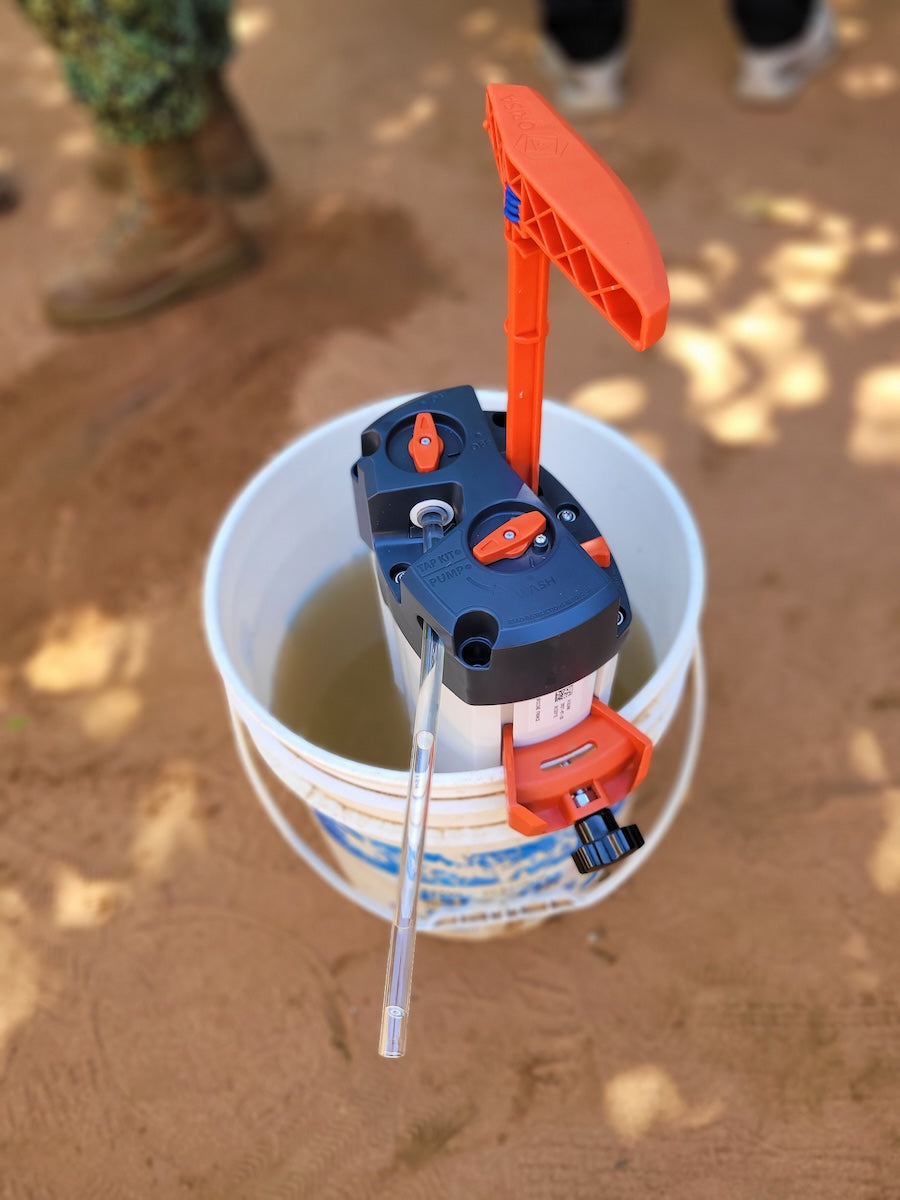
ORISA® purifiers: an immediate solution for drinking water emergencies
In response to this emergency, FONTO DE VIVO is announcing the immediate availability of 5,000 ORISA® water purifiers, specially designed for humanitarian contexts:
- Rapid, autonomous treatment: ORISA® purifiers transform contaminated water into drinking water in just a few minutes, without the need for complex infrastructure.
- Suitable for emergencies: Lightweight (2 kg), compact and easy to use, they meet the needs of NGOs and local authorities in critical situations, providing a practical response to prevent health disasters linked to contaminated water.
"We are deeply committed to responding to acute crises in vulnerable areas such as Mayotte, where people depend on rapid, effective solutions. We work closely with our partners, Médecins Sans Frontières, Secours Populaire Français, Solidarités International and the Red Cross, who take our ORISA® water purifier on exploratory missions to quantify needs. We are also working with private partners and major French companies to leverage our means and resources to maximise our collective impact. Our objective goes beyond the emergency: it's about giving everyone the means to be autonomous in the face of the challenges of access to drinking water. ORISA® purifiers are not just an immediate response, but a tool for supporting people in difficulty and enabling them to rebuild their lives in dignity over the long term. We want to meet needs as closely as possible, with solutions that are appropriate, sustainable and responsible.» says Anthony Cailleau, co-founder of Fonto de vivo.
ORISA®, un dispositif approuvé à Mayotte par les ONG et les autorités
Les purificateurs ORISA®ne sont pas une première pour Mayotte. En 2023, 80 unités ont été déployées par l’ONG Solidarités International pour lutter contre une épidémie de typhoïde dans la commune de Koungou. En 2024, 230 purificateursont été utilisés pour faire face à la sécheresse et prévenir le choléra, grâce au financement de Capgemini. Ces déploiements montrent l’efficacité et l’impact direct des solutions de FONTO DE VIVO dans des situations d’urgence.
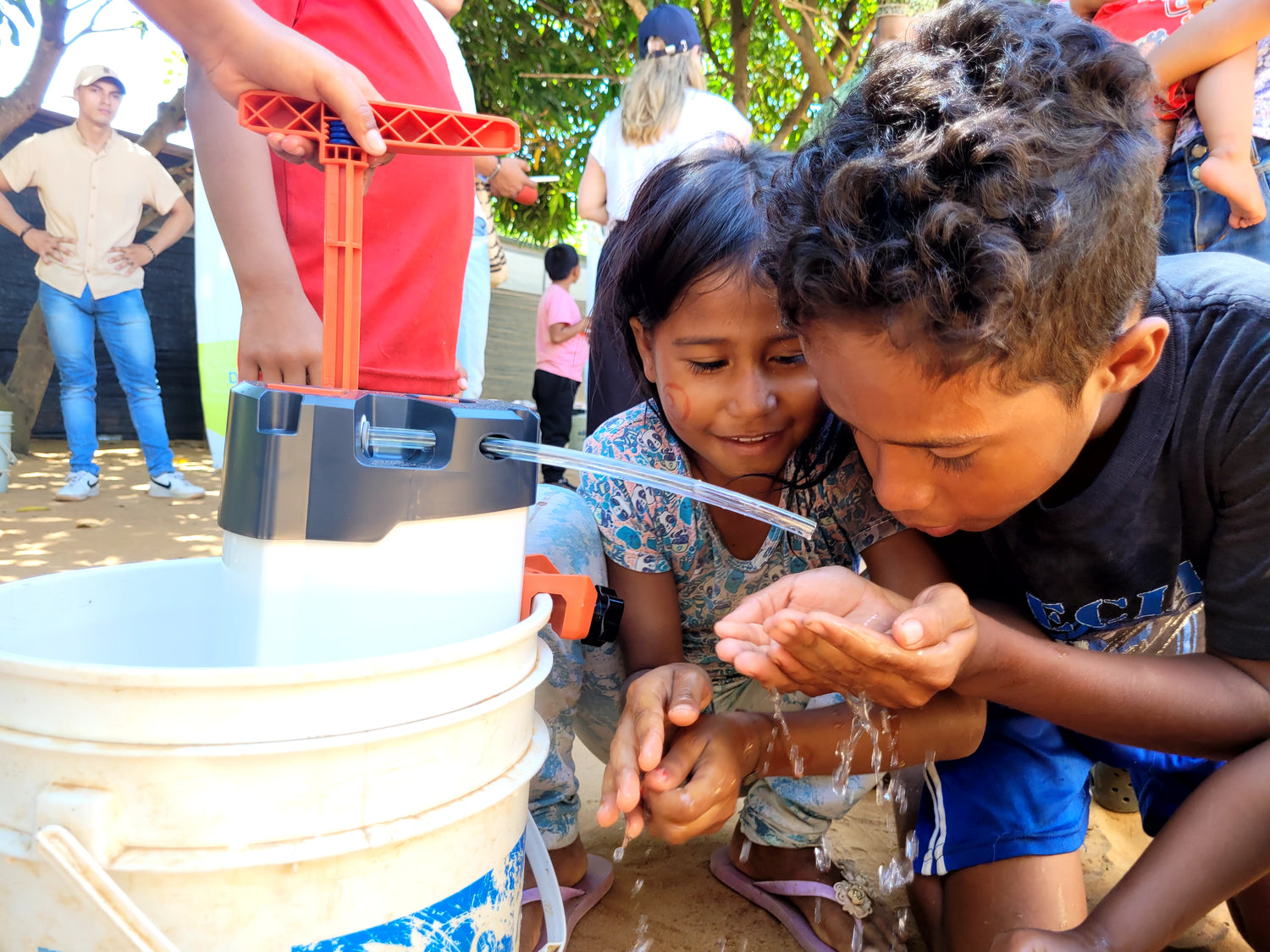
Focus on the importance of hygiene education in times of crisis
During natural disasters such as Cyclone Chido, access to drinking water is often compromised and the lack of hygiene becomes an aggravating factor in the spread of water-borne diseases. Diseases such as cholera, typhoid and gastrointestinal infections are mainly transmitted through contaminated water and a lack of adequate hygiene. Given this reality, it is crucial to accompany the distribution of solutions such as ORISA® water purifiers with campaigns to raise awareness of simple but vital practices:
- Regular hand-washing with clean water, particularly before eating or after using the bathroom.Systematic treatment of water before consumption, using appropriate filtration devices.
- Food hygiene: avoid eating raw food washed in untreated water.
NGOs, local authorities and public health players play a key role in setting up these education programmes. On-the-ground interventions, combining family training, distribution of hygiene kits (soap, jerry cans, purifiers) and awareness-raising via posters or radio messages, are effective in reaching people, even in the most remote areas. Finally, it is essential to stress the sustainability of these good practices. By incorporating hygiene education into humanitarian responses and reconstruction plans, it will be possible to prevent future epidemics and improve the living conditions of the people of Mayotte in the long term.
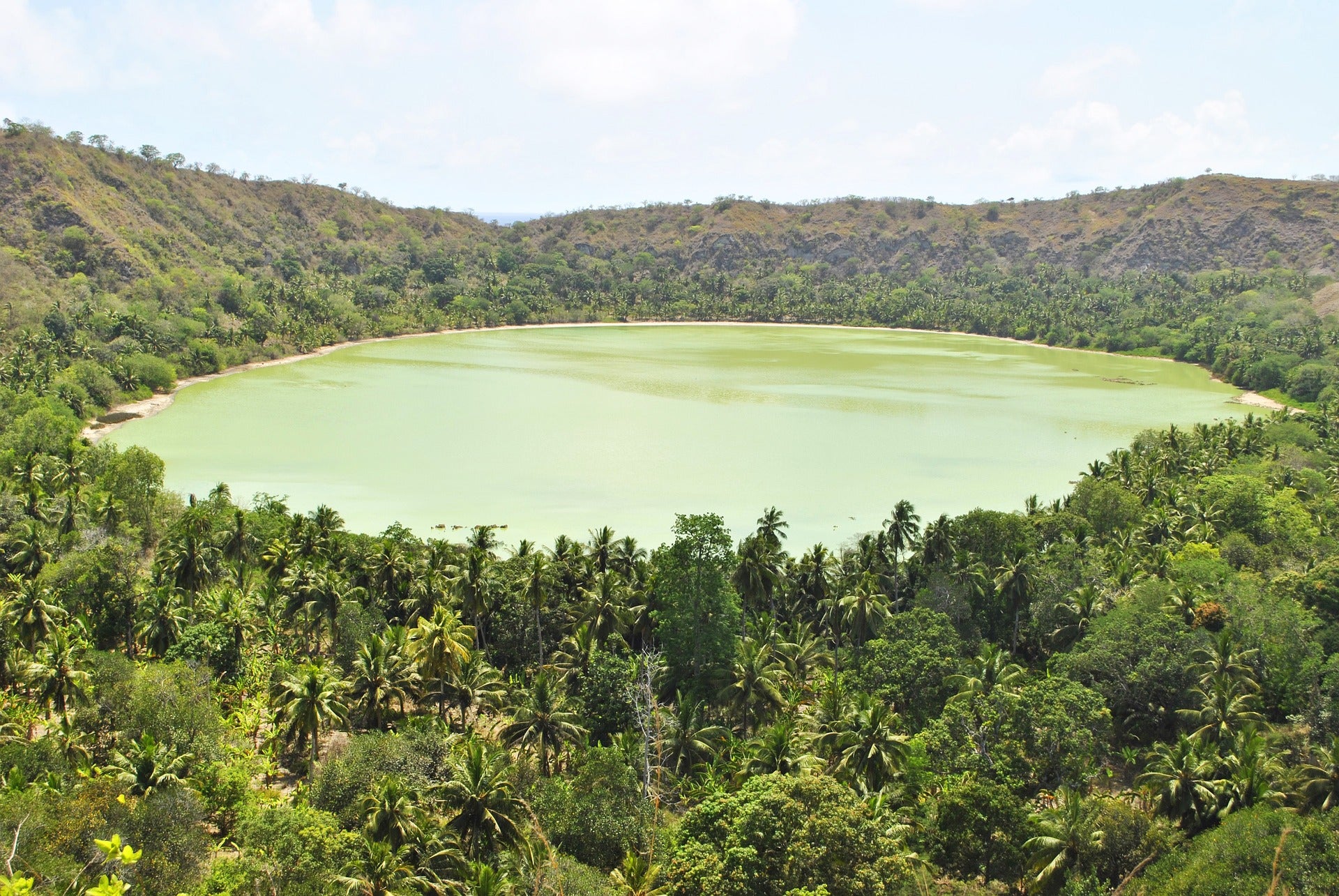
The rainy season: an additional risk for access to safe water in Mayotte
Avec l’arrivée imminente de la saison des pluies, Mayotte se prépare à des précipitations abondantes qui vont augmenter la disponibilité des eaux de surface telles que les rivières, les retenues naturelles et les zones inondées. Si ces ressources peuvent sembler accessibles, elles présentent un danger majeur : ces eaux sont souvent fortement contaminées par des bactéries, des virus et des parasites en raison du ruissellement des sols pollués, des déchets et des infrastructures sanitaires endommagées. En période de crise, l’utilisation non traitée de ces eaux devient fréquente par nécessité, aggravant le risque de maladies hydriques telles que le choléra, la typhoïde et les infections gastro-intestinales. La saison des pluies, combinée aux dégâts causés par le cyclone Chido, rend indispensable la mise en place de solutions rapides comme les purificateurs d’eau ORISA® pour garantir une eau potable saine et prévenir une crise sanitaire dans les semaines et mois à venir.
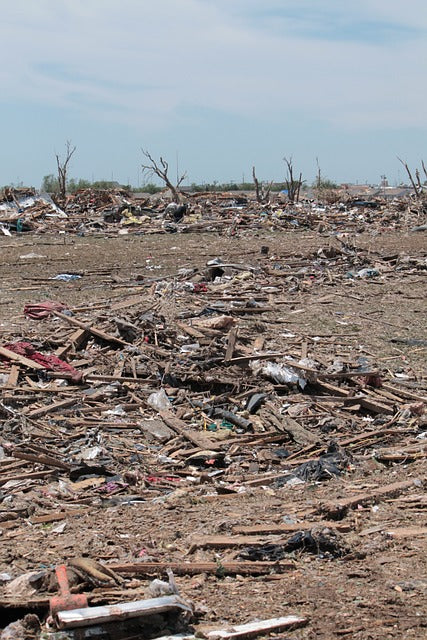
Long-term solutions to strengthen resilience in the face of natural disasters
To provide a sustainable response to the water challenges exacerbated by natural disasters such as cyclone Chido, it is essential to strengthen the resilience of infrastructures and adopt solutions adapted to crisis situations. Priority areas include:
- Upgrading the drinking water network: Replacing and extending outdated infrastructure to ensure a reliable and continuous supply, particularly in the worst-hit rural areas.
- Developing decentralised solutions: Setting up mobile filtration stations, individual purifiers like ORISA®, and autonomous devices would ensure access to drinking water, even if the central infrastructure is destroyed.
- Rainwater collection and storage: Reservoirs adapted to homes and public buildings would help to mitigate the effects of drought and secure water supplies in times of crisis.
- Public-private partnerships: Involving businesses, NGOs and local institutions to finance and deploy innovative solutions tailored to the region.
At the same time, it is crucial to raise people's awareness of good hygiene practices and water resource management, to limit health risks. These actions, combining technological innovation and collective commitment, will enable Mayotte to better prepare for future crises and guarantee more resilient and sustainable access to drinking water for its inhabitants.
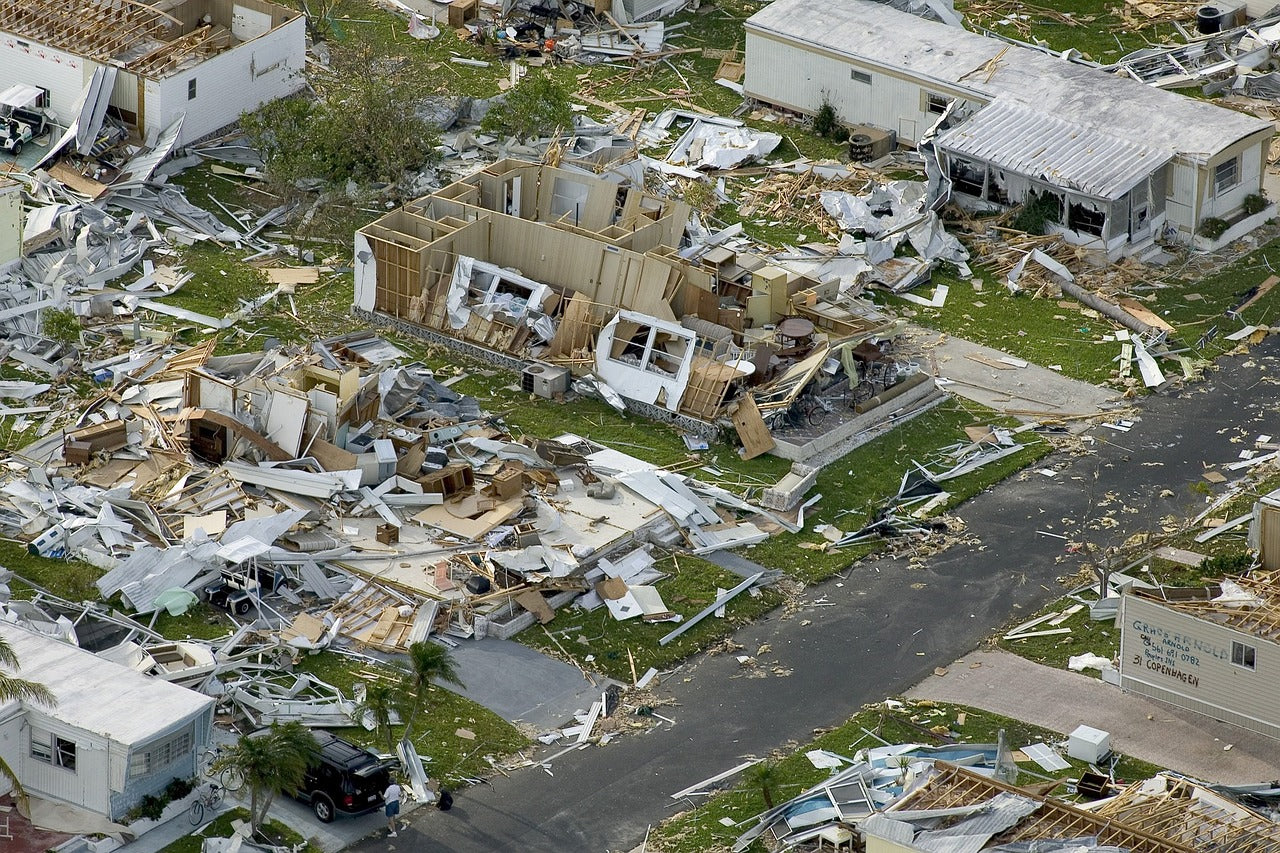
A call to mobilise for drinking water
Today, with 5,000 ORISA® water purifiers ready to be deployed, FONTO DE VIVO is calling on NGOs, local authorities and institutional partners to join forces to ensure the rapid deployment of these solutions in disaster areas. Guaranteeing immediate access to drinking water means preventing epidemics, protecting the most vulnerable populations and facilitating the reconstruction of Mayotte.